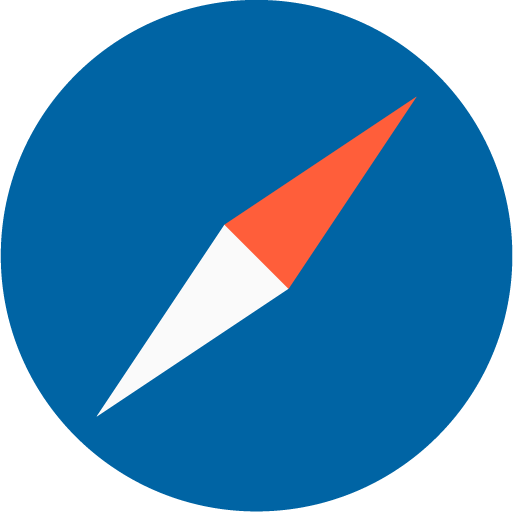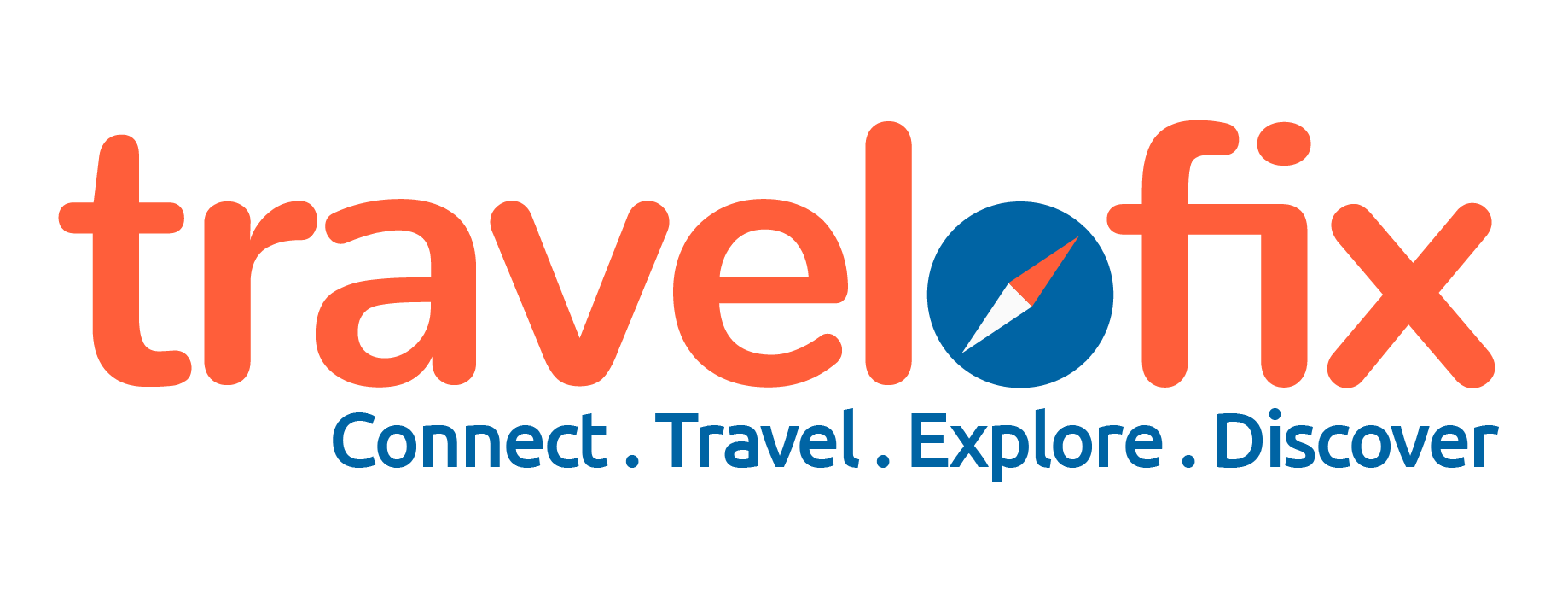Last year, 1.5 million words or so hit the market with my name on them. This year, the same thing happened.
Sean and Dave, working in various combinations with me or without me, produced like maniacs.
Sterling & Stone, as a bona-fide entity rather than just a name on paperwork somewhere, came to fruition. We wrote a book live. We grew to six publishing imprints. We worked our faces off … and, in the process, learned a whole lot of lessons.
Here are the highlights. May your holidays be grand and your learning curves be a bit shorter than ours.
LESSON #1: There Is A Time For Production And A Time For Promotion
We sorta learned this lesson right off the bat as 2013 began. See, truth be told we didn’t try very hard to sell stuff in 2013. We wanted to produce … and speaking from the Realm & Sands and LOL sides of the coin (that’s me and Sean), we did that in spades. We closed a dozen product funnels, completing either first seasons or complete arcs in all of them.
We knew we wanted to produce first (2013) and then promote all we’d produced (2014). Two tasks, discreetly separated. It was a good idea, and we still believe it. But because we’re squirrels, we ended up all over the place. It might have been more sensible to book a bit more direct promotion earlier so we had focus, but we didn’t. We were all over the place. We had a ton of stuff to promote, but it took us until the middle of the year to settle down enough to start doing it right.
Which is maybe a good segue to head into the next point.




